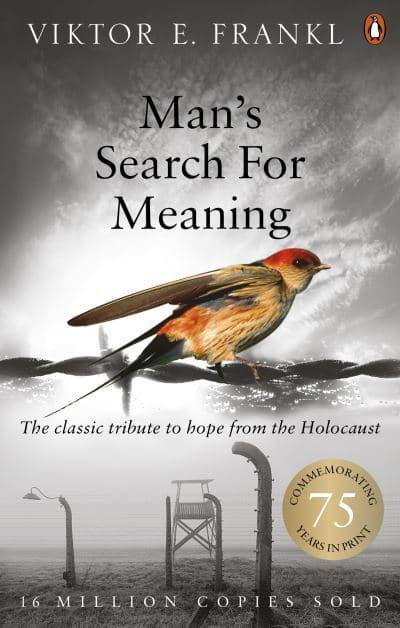In an article about the new normal, Natalie Turner used the phrase ‘a new extraordinary’ – now that sparked something; it invited me to question the concept of ‘normal’.
As a Master Practitioner and trainer of neuro-linguistic programming (NLP) I spend a lot of time examining the language people use and what it belies; after all, “words speak us more than we speak them” said Hercule Poirot, one of the greatest detectives of all time. Why do people choose certain words & what do they think they mean? Why have they made it mean that? And what else could it mean if looked at through a different lens or frame.
I realised I had fallen into my own trap where ‘normal’ was concerned; I was just bobbing along with the societal collective hunch meaning of normal – time to get ‘Poirot’ I told myself.
The origin of the word ‘normal’ is from the latin ‘normalis’, meaning ‘pertaining to the carpenter’s square’ – not what I was expecting. OK, so I looked up a carpenter’s square, watched a couple of YouTube clips about them, and it all became clear. This instrument gives a carpenter the confidence to create accurate angles and perfectly straight lines, to the same standard each time every time; ideal for cutting timber frames precisely.
As ‘normalis’ gave us standard wooden frames for a sturdy building or ship, so normal has given us standard conceptual frames to navigate a sturdy life.
However, necessary change has been visited upon us all at the same time. There has been a collective grieving over the loss of ‘normal’ and the imperative to adapt and fast. The psychological and physiological result created a collective national stress, the body’s first line response to any call for change. Is now the time to be more Carpenter, to calibrate what frames will help us feel secure? With our own Carpenter’s square our normal only needs to fit us; we need not all be in the same-framed boat whilst successfully weathering the same storm.
“An abnormal reaction to an abnormal situation is normal behaviour”
Virus or otherwise, change is always on its way; it teaches we humans the art of evolving. Change will happen to us whether we like it or not, however, whilst change is inevitable, suffering remains optional. Stop for a moment and think, what has this ‘new extraordinary’ given me, that had it not happened, would have passed me by? What has it helped me notice or reveal or appreciate? And how much of that do I want to keep?

Here is where change becomes opportunity if we choose it to be so. We are but the sum of our choices; we are where we in life today because of all the choices we made (or didn’t make), all the things we said (or didn’t say). I am reminded of the neurologist Viktor Frankl, an Auschwitz survivor, who tells us that between stimulus and response there is a gap, and that gap is called choice. He’s also the one that came up with the fantastic quote that “an abnormal reaction to an abnormal situation is normal behaviour”. This is an opportunity to use our carpenter’s square for a reset.

